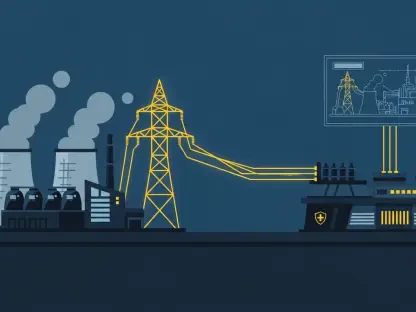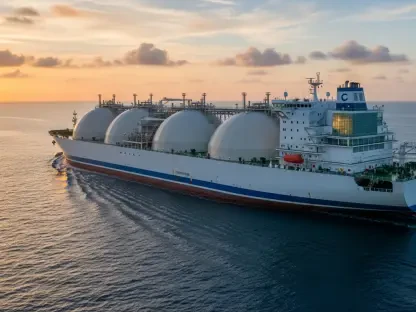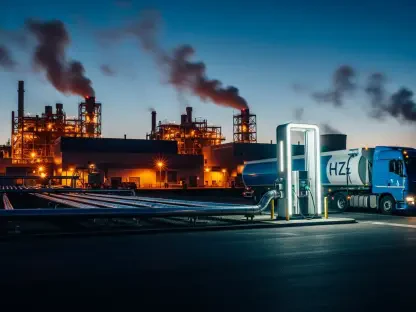Imagine a future where the aviation industry, one of the hardest sectors to decarbonize, slashes its carbon footprint while bolstering national security through homegrown fuel solutions. Australia stands at the cusp of this transformation with a groundbreaking $1.1 billion investment from the government aimed at sustainable aviation fuel (SAF). This substantial financial commitment signals a pivotal shift toward reducing reliance on imported jet fuel, which currently accounts for a staggering 91% of the nation’s supply. Beyond environmental benefits, this initiative promises to strengthen fuel security and invigorate regional economies. At the heart of this movement is Jet Zero, a leading SAF developer, whose innovative projects are set to redefine the landscape of low-carbon aviation. This ambitious endeavor raises questions about whether Australia can emerge as a global frontrunner in sustainable aviation, setting a precedent for other nations to follow in the urgent race against climate change.
Driving Decarbonization Through Innovation
The push for SAF represents a critical strategy in tackling emissions from aviation, a sector where alternative energy solutions like electrification remain limited for long-haul flights. Often described as a ‘drop-in’ fuel, SAF can be used in existing aircraft without requiring major infrastructure changes, making it a practical and immediate solution for cutting carbon output. Jet Zero’s initiatives, particularly Project Ulysses in Townsville, Queensland, exemplify this potential with plans to produce 113 million liters of SAF and renewable diesel annually by 2028. Supported by the recent $1.1 billion funding, alongside prior investments such as $280 million from the Australian Renewable Energy Agency (ARENA) and $181 million from Queensland’s Sovereign Industry Development Fund, these projects are gaining momentum. Construction for Project Ulysses is slated to begin in 2026, with $75 million already committed to engineering and early civil works. This effort not only targets environmental goals but also weaves sustainability into the fabric of Australia’s industrial and defense capabilities.
Fueling Economic and Strategic Growth
Beyond its environmental impact, the SAF initiative promises substantial economic and strategic advantages for Australia, particularly in regional areas like North Queensland. Projects such as Project Ulysses, alongside Project Mandala and Project Silvo Plus, are integrating local agriculture into the supply chain by exploring feedstocks like pongamia and agave, fostering growth in rural communities. Support from diverse stakeholders, including the defense sector, agricultural groups like the National Farmers Federation, and industry advocates, underscores a unified vision for domestic fuel production. Jet Zero’s CEO, Ed Mason, has emphasized the transformative nature of the government’s investment, advocating for a national SAF mandate to ensure long-term demand stability, a policy already adopted by most G20 countries. As discussions loom at global forums like COP30, such a mandate could solidify Australia’s role as a leader in sustainable aviation, reflecting on past efforts that built consensus and drove progress. The focus now shifts to scaling these innovations, ensuring that environmental, economic, and security gains continue to align for a resilient future.









